I’ve suggested comments to help condense specific parts of the introduction to fit the 30-word limit. Let me know if you’d like further adjustments!
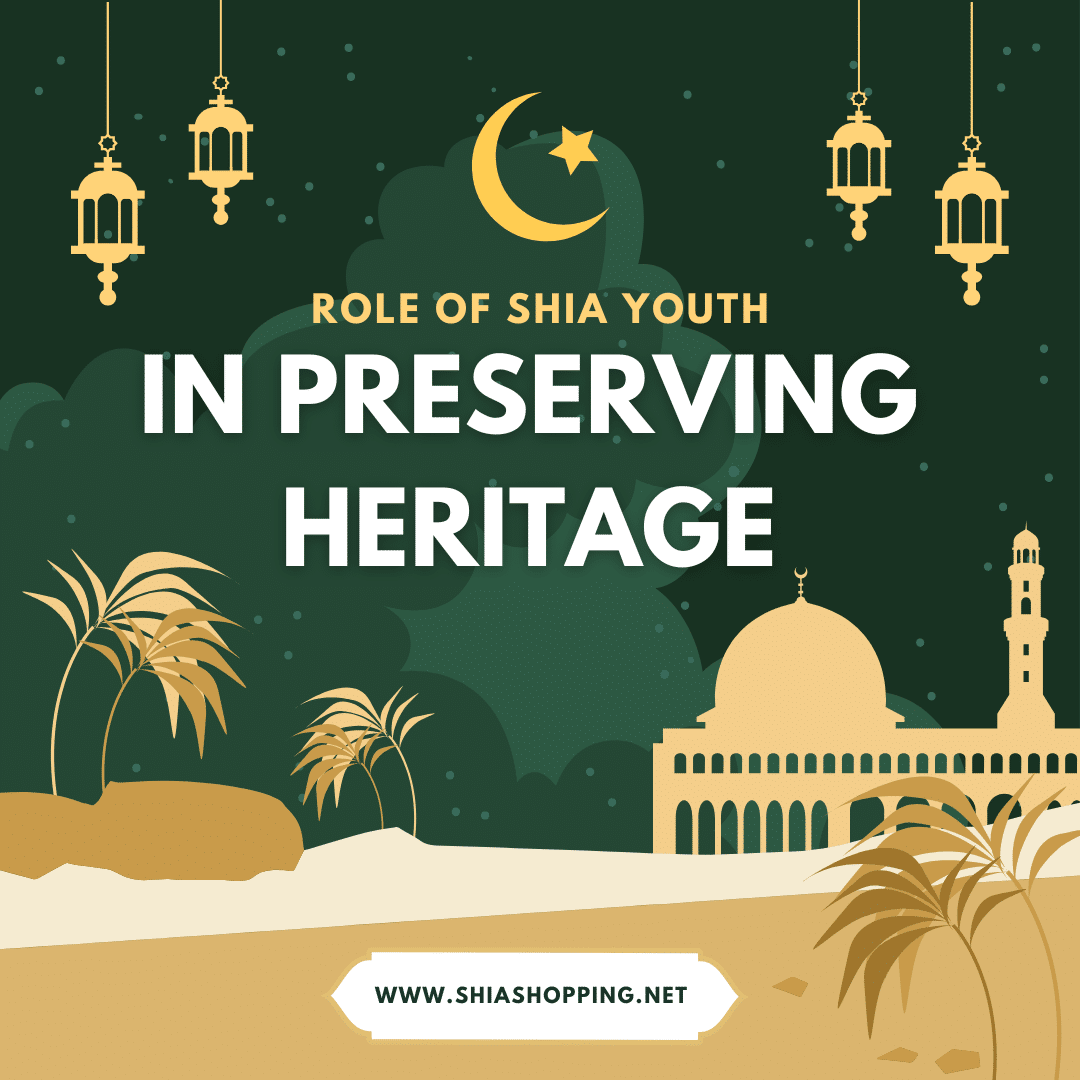

I’ve suggested comments to help condense specific parts of the introduction to fit the 30-word limit. Let me know if you’d like further adjustments!
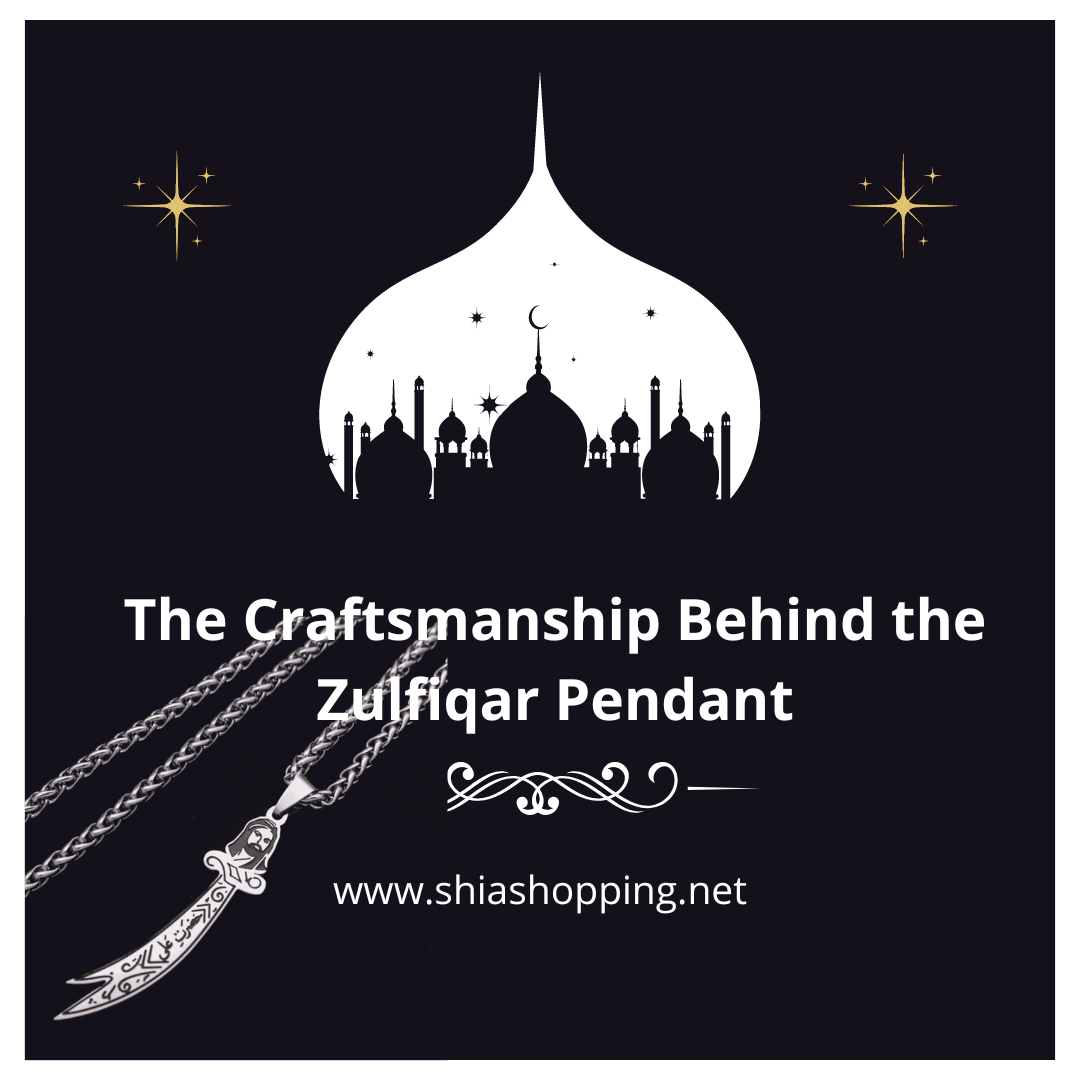
Zulfiqar Pendants are symbolic jewelry pieces representing strength, faith, and justice, beautifully crafted to honor Islamic tradition and history.
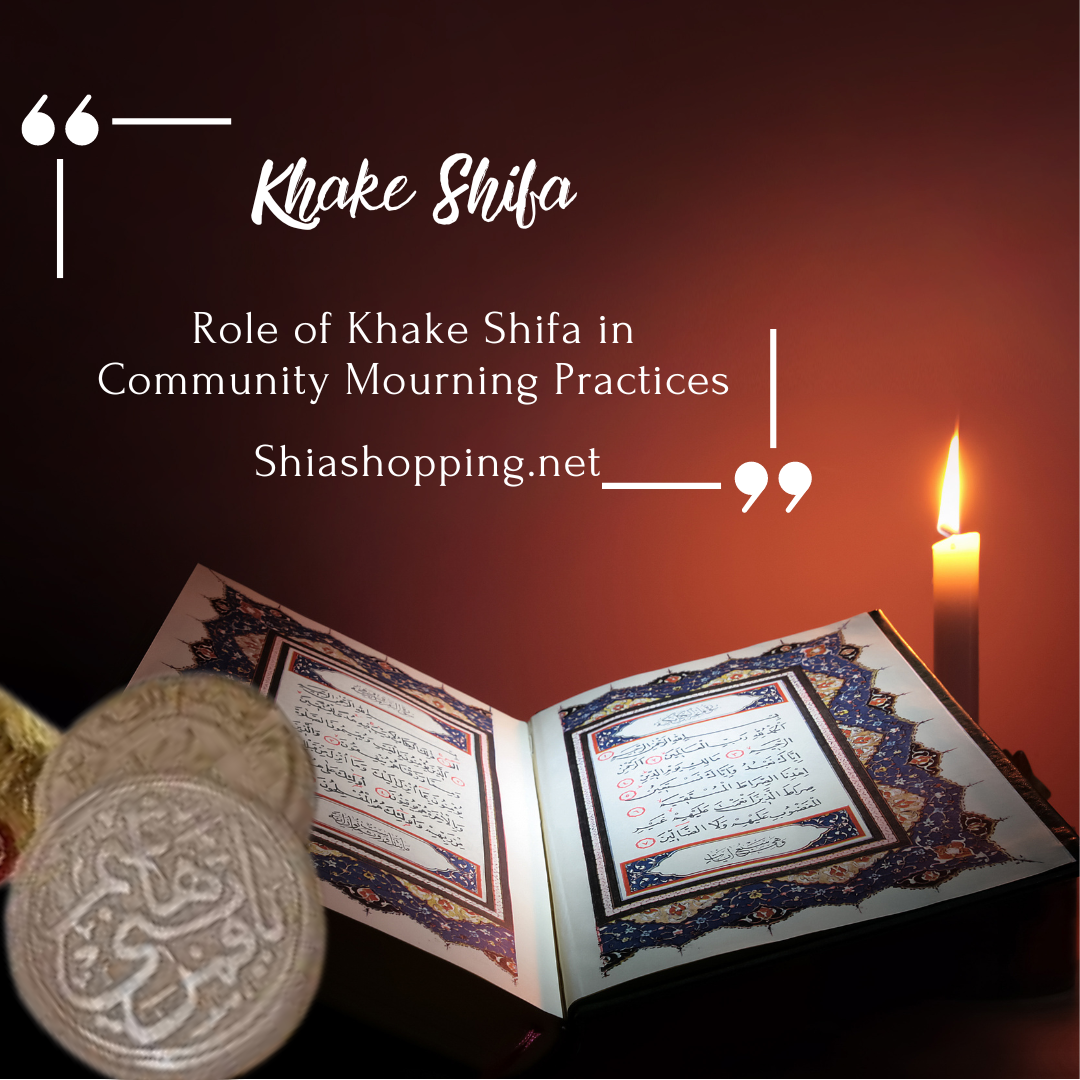
Khake Shifa, a sacred clay from Karbala, holds profound significance in Shia Muslim rituals, especially during mourning practices. Its role is deeply intertwined with the remembrance of the martyrdom of Imam Hussain, the grandson of Prophet Muhammad, and his companions during the Battle of Karbala. This clay is not just a physical substance but a […]

A Guide for Shiashopping Customers For Shia Muslims, the Turbah holds deep spiritual and religious significance, making it a sacred item in daily worship. However, like any physical object, a Turbah can become worn or broken over time. When this happens, it is essential to dispose of it in a manner that reflects its sacredness. […]
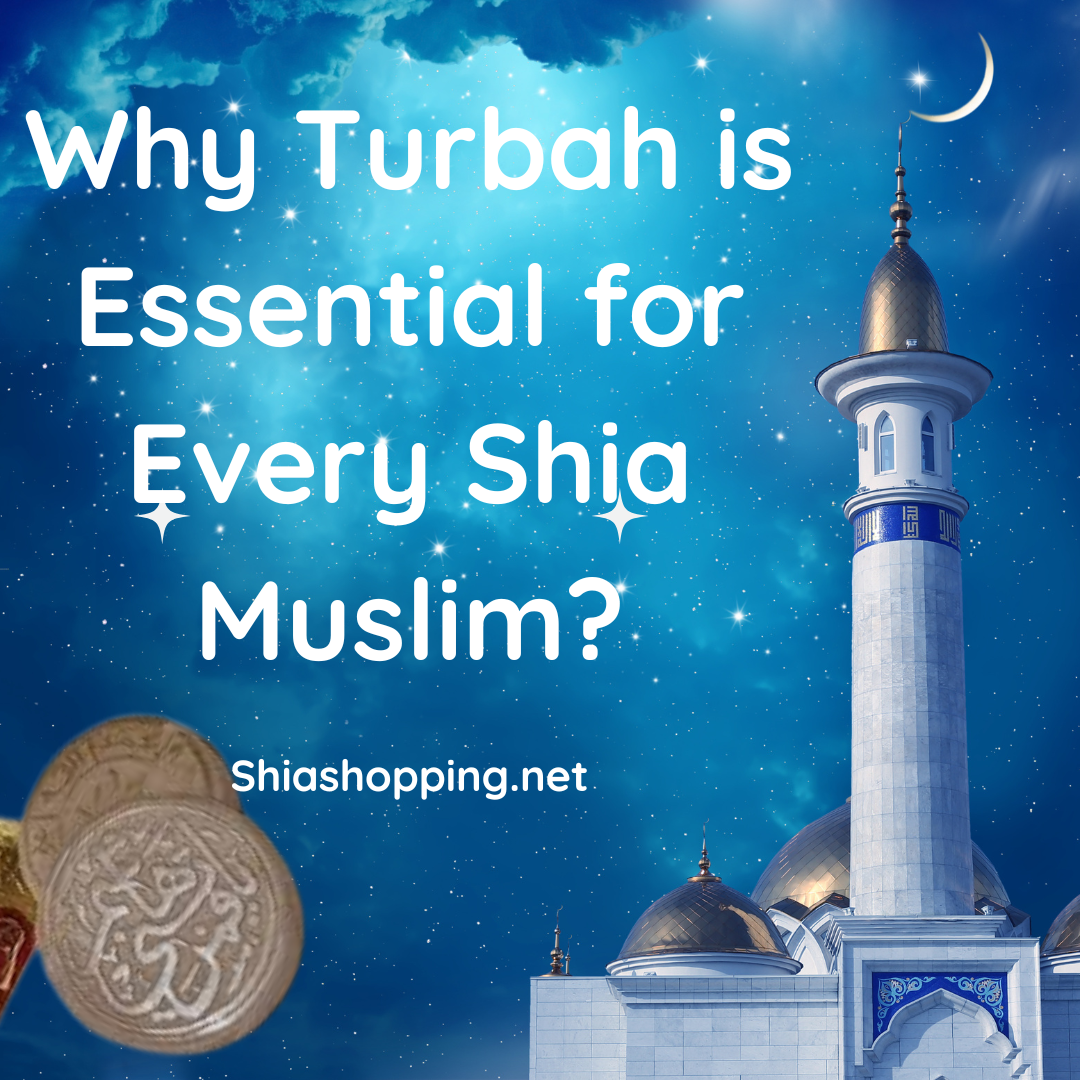
Turbah is crucial for Shia Muslims because it represents a deep spiritual connection to Imam Hussain and the sacrifice at Karbala. Used during prayer, it embodies faith, humility, and centuries of devotion, making it an integral part of Shia worship.
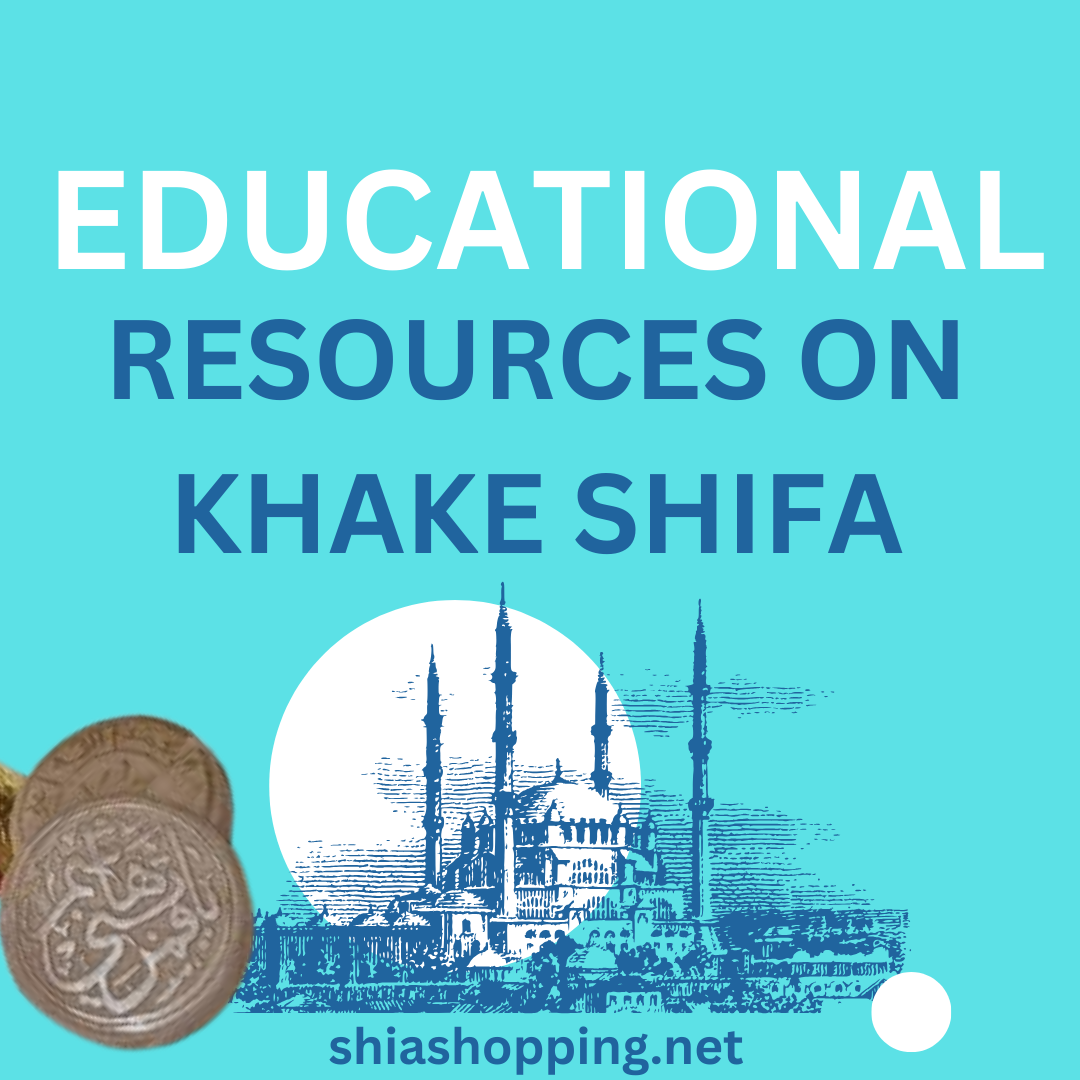
Educational resources on Khake Shifa are comprehensive, covering its spiritual significance, historical background, and practical uses in Shia Islamic practices. From books and scholarly articles to online courses and seminars, these resources offer in-depth learning opportunities. Libraries, religious institutions, and digital platforms provide access to a wealth of information, ensuring a thorough understanding of Khake Shifa. Whether through traditional or digital media, these educational tools help believers and scholars alike deepen their knowledge and appreciation of Khake Shifa’s role in Islamic spirituality.
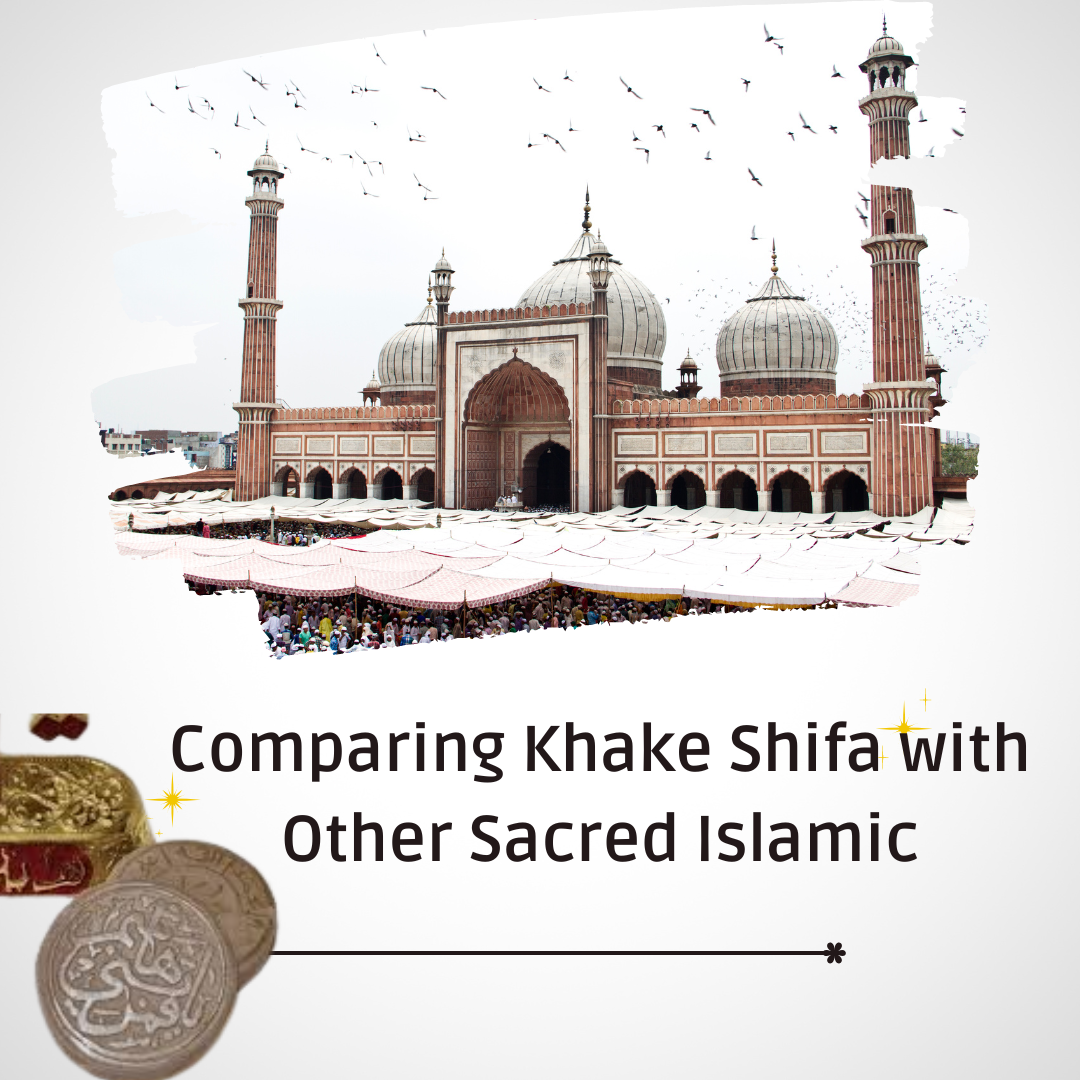
Comparing Khake Shifa with other sacred Islamic items reveals its unique role in Shia tradition, particularly its deep connection to Karbala. By comparing Khake Shifa with other sacred Islamic artifacts, we gain insight into its specific significance in healing, protection, and spiritual practices, showcasing its distinct place in Islamic faith.
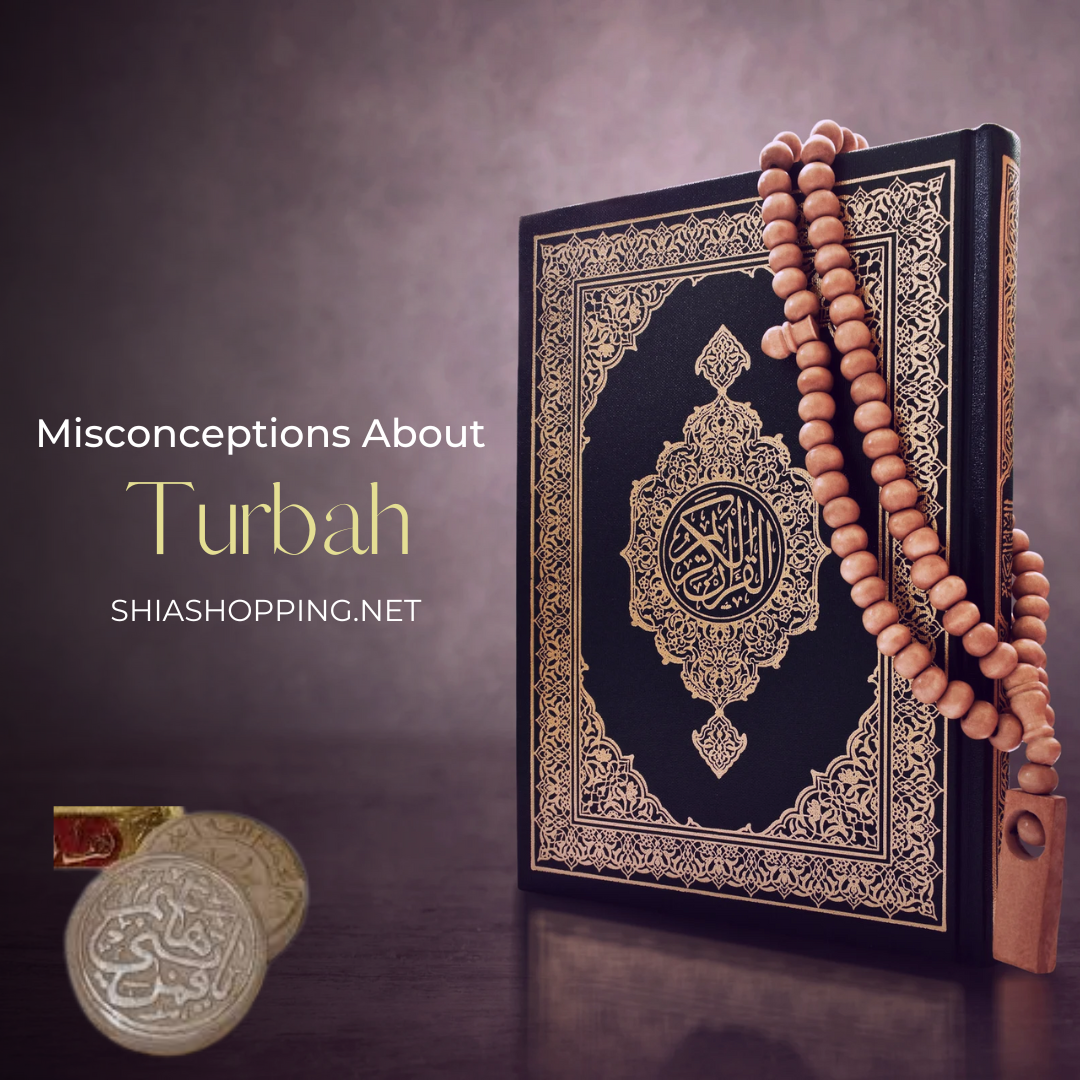
Turbah is often misunderstood as a form of idol worship, which is incorrect. Many believe it is exclusive to Shia Muslims, but some Sunnis also use it. Another misconception is that it must be made from Karbala soil, whereas any clean earth is permissible in Islamic practice.

Praying on a turbah is a Sunnah established by Prophet Muhammad (PBUH). He encouraged this practice, emphasizing its importance in Islamic prayer. Following his example, Muslims worldwide use turbahs to symbolize humility, purity, and reverence during worship. This tradition connects believers to the Prophet’s teachings and fosters a profound spiritual connection to Allah.
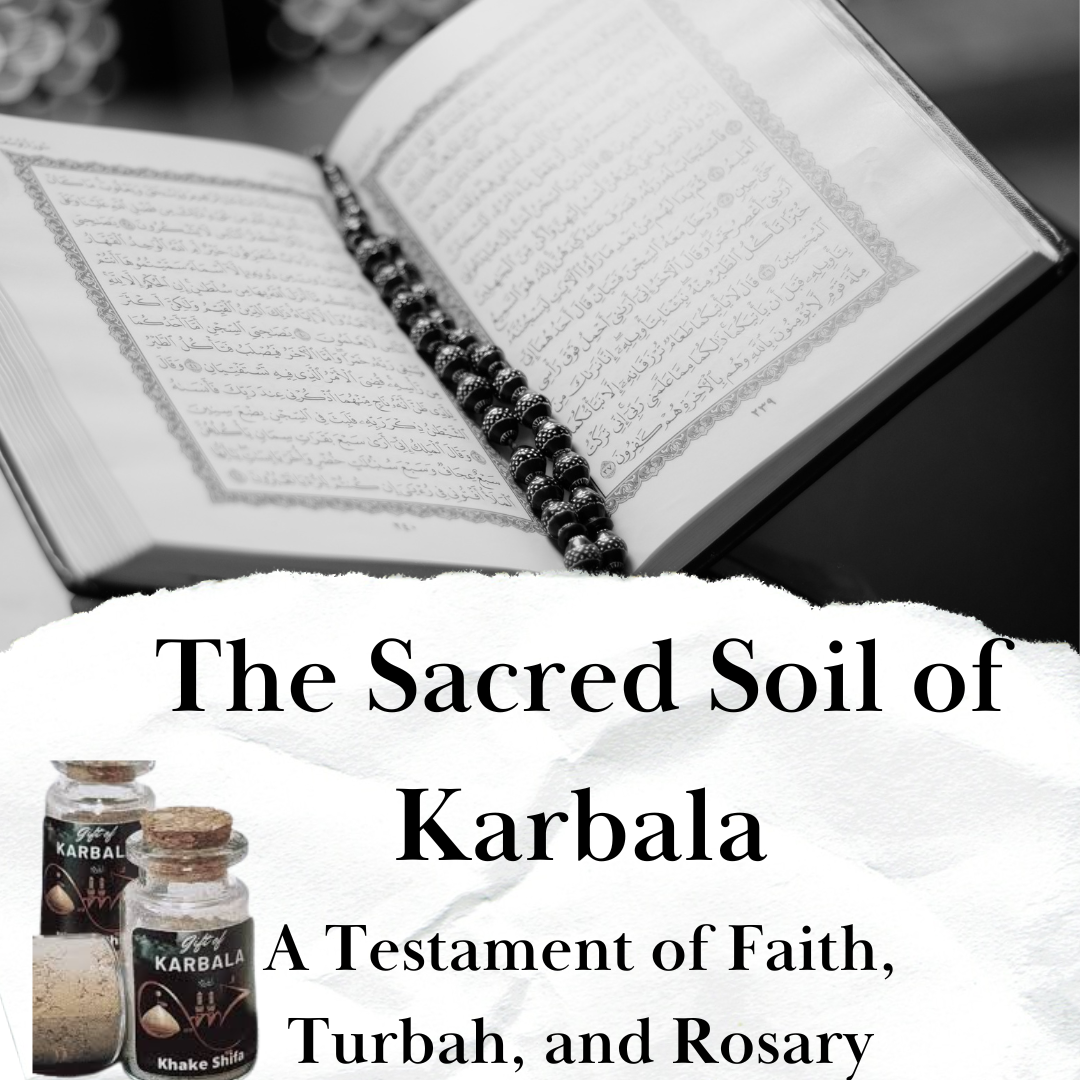
In the heart of Iraq, Karbala’s soil resonates with the blood of martyrs and tears of devotees. For Shia Muslims, it embodies resistance and devotion. The Turbah, made from this earth, symbolizes humility and connects worshippers to Karbala’s legacy. Likewise, the Rosary, crafted from Karbala’s soil, enriches prayers with the spirit of sacrifice and faith. Together, they bear witness to Karbala’s enduring significance, inspiring millions with stories of courage and unwavering belief.